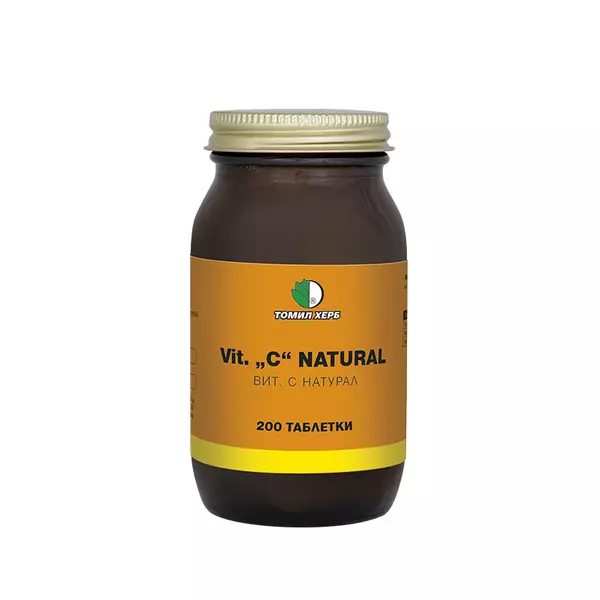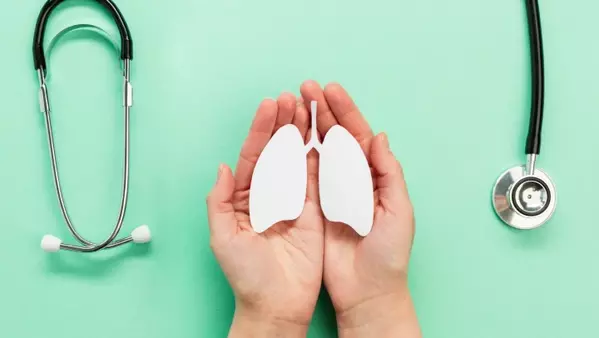How does it work?
Vitamin C (ascorbic acid) is in the group of water-soluble vitamins. Fortunately, today we have the opportunity to use products with delayed release (Delayed release), which provide prolonged absorption. This means that natural vitamin C provides a relatively constant concentration in the blood over a long period of time. Vitamin C is found in most vegetables and citrus fruits, but the best source is rose hips. The highest quality vitamin C is extracted from rose hips, because the ascorbic acid in it is found together with flavonoids and thus its effect is enhanced. Vitamin C activates a large number of enzymes and plays an important role in cellular respiration. Supports wound healing; accelerates the growth of connective tissue; participates in the building of bones, collagen and cartilage, as well as in the synthesis of hormones of the adrenal glands. It enables protection from stress, supports the absorption of iron, and together with folic acid and vitamin B 12 stimulates the production and maturation of red blood cells. It affects the reduction of cholesterol in the blood and provides protection against carcinogens. In large doses, it increases physical performance. Therefore, the needs of vitamin C in athletes are greater, and they are recommended to take larger amounts before sports performances. Flavonoids improve the work of the bile, reduce the level of cholesterol and prevent the development of cataracts. In combination with other agents, vitamin C is often used in the treatment of herpes.In natural vitamin C, ascorbic acid is in the form of a polyascorbate complex. Its effect is longer than that of ordinary synthetic ascorbic acid. In cases of diseases accompanied by high fever, larger amounts of vitamin C are needed. Its intake should be increased in cases of regular use of contraceptives, steroids, painkillers, aspirin and alcohol.
How and how much can be taken?
- For children from 6 to 12 years: 1-2 tablets daily;
- For adults: 1-2 tablets 3 times a day.











